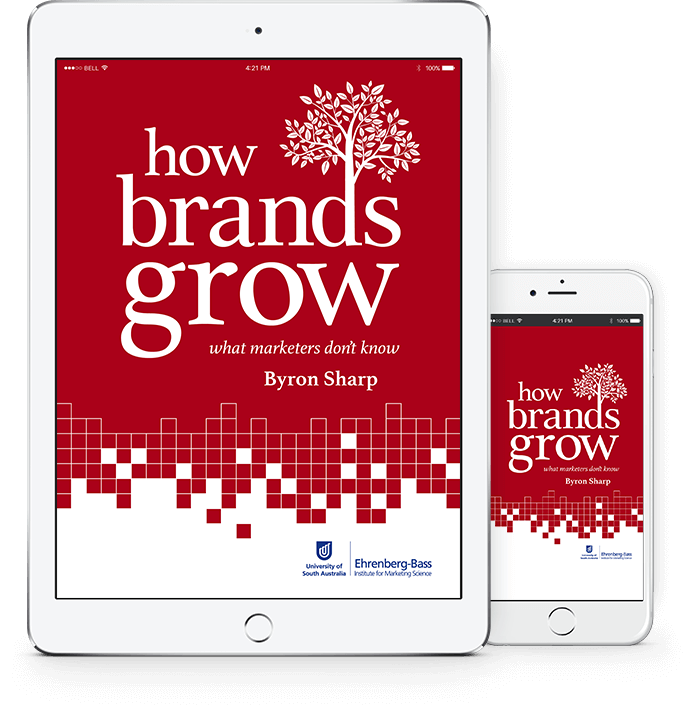Colonel Ritson: KFC’s marketers turned a chicken crisis into a brand triumph
In November 2017, when logistics company DHL won the KFC account, it promised to “rewrite the rule book” and “set a new benchmark” for delivering chicken. Having finally taken over the account earlier this month it appears both objectives have been achieved, but perhaps not in the manner KFC or its new partner might have hoped.
It quickly became apparent that DHL was catastrophically ill-prepared to serve its new client. Chicken from KFC’s suppliers began to pile up on the side of the road and, with literally nothing to cook or sell, most of the chain’s 870 British outlets were forced to close their doors.
Cue a series of troubling street-level interviews in which people who clearly did not need any more fried chicken complained bitterly about being unable to get their buckets of KFC. Many were so bereft they resorted to calling 999 to fix the ’emergency’ and several police forces took to social media to demand that residents stop calling them about the situation.
Things are gradually improving. Over the weekend more than 90% of KFC’s restaurants were open again, albeit with a limited menu and shorter hours. It is usually around this point that the recriminations begin and armchair marketing experts start their wild overestimations of the ‘brand damage’ that the crisis has done to the company’s reputation. Someone mentions Gerald Ratner and everyone bangs on about reputations needing decades to build and days to destroy.
But it’s already apparent that KFC is not only avoiding any perceptual damage to its reputation; the brand might actually emerge from the chicken crisis in better shape than before they went into it.
Most of the credit for this rather remarkable feat of crisis management can be given to Meghan Farren, KFC’s cool-headed UK CMO, and her agency of record, Mother. That was the team behind last Friday’s masterstroke of taking out a full-page ad in both The Sun and Metro newspapers, containing the now infamous reworking of KFC into FCK and a short but pithy apology.
READ MORE: KFC uses cheeky print advert to apologise for chicken shortage
The ad has garnered massive plaudits, not just from consumers but from across the marketing community, which, for once, appears to be united in praise for the approach. It has now reached as far afield as the US, Australia and Japan, where the ad continues to draw attention and generate appreciative responses.
Indeed, the reaction has been so effusive for what is, after all, nothing more than an anagram of the company’s three-letter logo that it prompts the question whether it is really worthy of all the fuss?
Well, to use another three-letter response: yes.
Achieving instant brand salience
The strategic and tactical implications of this simple ad spell out an extremely impressive bit of marketing by KFC that ticks many different boxes. First, this is a brilliant example of what I would call ‘code play’ and what the Ehrenberg Bass Institute would refer to as the use of ‘distinctive assets’.
Too many companies create advertising and marketing material that passes the target consumer by because it literally does not look like it comes from the brand. Constantly changing creative, overly clever executions, arrogant agencies trying to stamp their signature across the work – everything adds up to ensure that most advertising is a constantly changing carousel of confusion that is usually ignored by the customer.
If it’s not ignored and consumers do remember the execution, they usually have no idea which brand is behind it. Data from Ehrenberg Bass suggests that around 86% of all ads are either ignored completely or, if noticed, unconnected to the brand sponsoring the message. Almost nine out of 10 ads are, literally, a waste of money.
The FCK response could not be more different. It’s the central code of KFC – its logo – and by playing with it to make such a small yet meaningful change the company can grab attention and still associate the ad immediately with its brand too.
Read the full article on Marketing Week.





